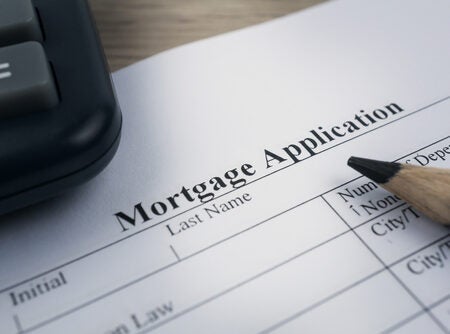
If you’re having a hard time staying on top of multiple debt payments, it might be time to consider debt consolidation.
For many people who are serious about becoming debt-free, consolidation is a good option. Consolidating credit cards and other debt allows you to combine and pay them all with one payment. What’s more, if you have a good credit score, you can often get a lower interest rate on the new debt, making it easier to pay it down faster.
The following steps can help you streamline your monthly payment obligations and ideally save you time and money on the road to becoming debt-free.
1. Take an inventory of your debt
Start by getting a comprehensive idea of what you owe. Obtaining a free copy of your credit report will provide a comprehensive look at your debts. Then, make a list of all pertinent details for each of your credit accounts including:
- The balances you owe
- The interest rates you’re paying
- The due dates of each payment
2. Determine what you can pay
Create the same big picture for your current financial situation. Figure out what you can afford by looking at things like:
- How much income you earn and if your income sources are stable. Do you earn enough to continue to cover a monthly debt payment? Is your job secure for the foreseeable future?
- Your expenses each month. Decide how much money you need to live on, including all financial obligations, incidentals, and entertainment. Be realistic about what you’re actually spending by going back through 3-6 months worth of bank statements. Then subtract what you owe in debt. Use the number remaining amount to determine how much “extra” you have each month that can be put towards paying down your debts.
- The amount in your “rainy-day” account. Do you have enough money in a separate fund to make your payments in the event of a financial emergency? It’s always smart to plan for the unexpected and to have an amount equal to a few months worth of monthly payment set aside.
In some cases, your debt may be too much for you to pay off and you may have to think about other options like debt reduction or debt relief. But beware that there can be high costs associated with these services, and if they’re not handled properly, they can also take a toll on your credit score.
Consolidation is best suited for people who have a good credit score already and can afford to pay off their debts. Consider consolidation before you get into a situation where you fall behind. And remember that the better your credit score when you start the process, the better interest rate you’ll secure.
3. Choose a consolidation option
There are typically four debt-consolidation options to consider.
- Transfer the balances of all your credit cards onto one new card. Often you can get zero interest for an introductory time period and then pay a regular interest rate after that period passes. You may also have to pay a balance transfer fee or annual fee.
- Consolidate debt with a personal loan from your bank, credit union or an online lender. Credit unions typically offer lower interest rates while some online lenders will offer you a rate without doing a credit check. Make sure to do your homework so you can get the best rate for your situation.
- Secure a loan or line of credit using the equity in your home. Home-equity loans offer a fixed interest rate, while lines of credit offer a variable interest rate similar to a credit card. Since your home secures the loan, it’s critical to make your consolidated debt payment every month.
- As a last resort, borrow from your employer-sponsored 401(k) plan. But know that a 401(k) loan isn’t as desirable for a couple of reasons. The penalties can be crippling if you’re unable to pay the loan back. And if you lose or leave your job, the balance of the loan becomes due within two months.
Remember that debt consolidation is likely to have some impact on your credit score. For example, if you apply for a personal loan, some banks and lenders may do a credit check, which lowers your score by a few points. If you have a good score already, this will make less of an impact. But it’s still important to keep your credit healthy throughout the process by making all of your payments on time and as expected.
If you discover past errors on your credit report as you begin the consolidation process, you may consider working with a reputable credit repair service to get them corrected or removed. Doing so will have a positive impact on raising your credit score and can potentially improve your options for consolidation.
Carry on the conversation on our social media platforms. Like and follow us on Facebook and leave us a tweet on Twitter.





